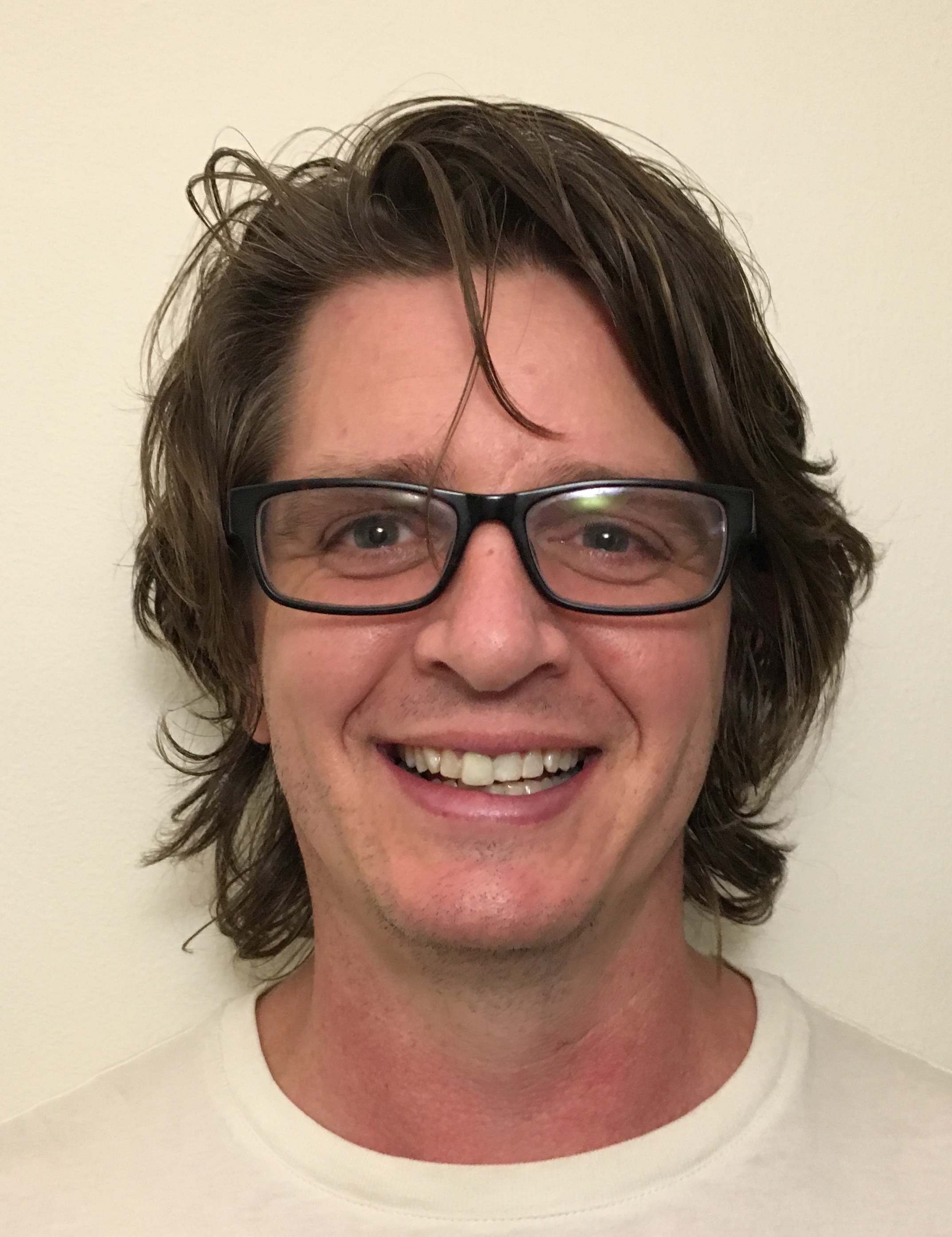Agenda for BioVis@Vis Workshop
BioVis Challenges Workshop Agenda
Workshop Scope
This year’s workshop will be focusing on challenges related to the Visualization of Cancer Genomics Data. Thanks to the decreasing cost of next-generation sequencing, and the efforts by major consortiums including The Cancer Genome Atlas (TCGA) and the International Cancer Genome Consortium (ICGC), cancer genomics continues to be a field with exciting developments and findings, but also leading to increasing number of challenges that provide opportunities for visualisation to make a difference within the analysis of the data generated.
Within this domain, there are already a multitude of well-known challenges, such as comparing the genomic sequences, and transcriptomes of tumor cells with those of normal cells, or the comprehensive characterisation of different types and subtypes of cancer, as well as several clinical applications such as improved diagnosis of cancer, prenatal screening, or the design of targeted therapeutic agents, to name a few. There are several cancer genomics data sets that are readily available (GENIE, TCGA) and several platforms provide APIs to access such data sets (e.g. cBio Portal, GDC).
Workshop Goal
The goal of the workshop is to lay the groundwork for a position paper on challenges and research opportunities for data visualization in cancer genomics. Workshop organizers and interested workshop participants will collaboratively refine the results of the discussions after the event and write this position paper. At a minimum, all participants will be acknowledged for their contribution.
Timeline
When: October 2nd, 2017, 8:30 - 12:10
Location: Room 207, Phoenix Convention Center (for further details see the http://ieeevis.org/)
Keynote Talk

Fun fact: in a past life he was a DJ and threw at least one rave in a subbasement.
Invited Talk

Prior to joining CSSI, Dr. Hanlon served as Program Director in the NCI Division of Cancer Biology where he managed a portfolio of grants focused on transcriptional and epigenetic regulation in cancer biology and served as Director of the Physical Sciences-Oncology Network. He came to the NCI in 2009 through the AAAS Science & Technology Policy Fellowship program. Prior to his selection as an AAAS ST&P Fellow, he was a postdoctoral fellow at the University of North Carolina where he used genomics and bioinformatics to address fundamental problems in transcriptional regulation and genome organization. Dr. Hanlon received his PhD in Molecular Biology from Rutgers University in 2003 where he focused on understanding how chromatin structure influences transcription and cell-cycle progression.
Background Reading
We will be adding a number of background reading material and relevant links for those who would like to read about and brush up their knowledge about the domain prior to the event (this list will be updated up to and during the workshop):
- Warner, Jeremy L., et al. SMART precision cancer medicine: a FHIR-based app to provide genomic information at the point of care. Journal of the American Medical Informatics Association 23.4 (2016): 701-710.